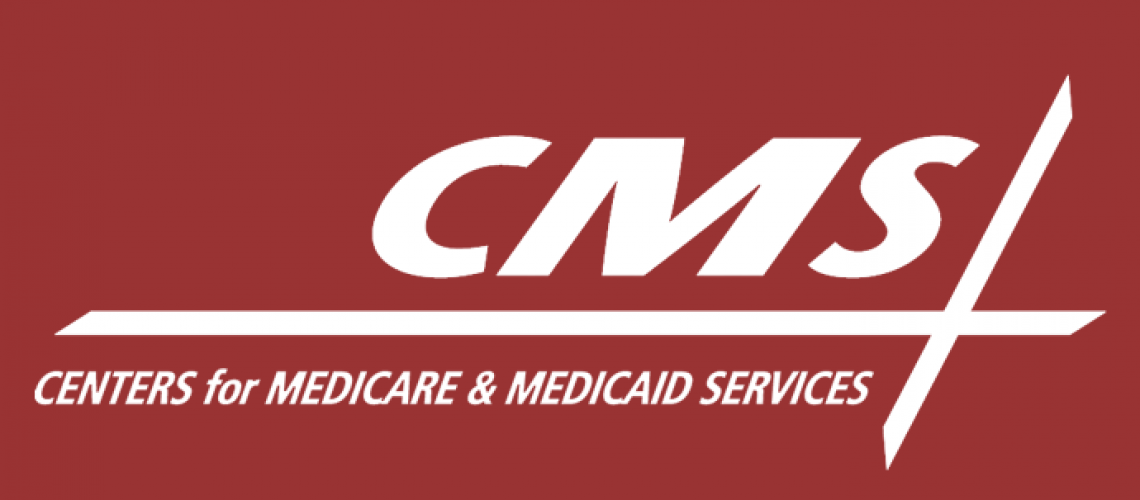On April 27, 2021, the Centers for Medicare & Medicaid Services (CMS) released a proposed rule for the fiscal year (FY) 2022 Medicare Hospital Inpatient Prospective Payment System (IPPS). The proposed rule includes CMS proposals for certain annual Medicare payment policies and rates as well as certain quality and value-based programs for FY 2022. Stakeholders must submit any comments in response to the proposed rule by June 28, 2021.
Below are highlighted FY 2022 IPPS proposals that reflect CMS’ effort to streamline some of its existing payment policies.
- Payment. CMS proposes to increase operating payment rates for general acute care hospitals that (i) participate in the Hospital Inpatient Quality Reporting Program and (ii) are meaningful electronic health record users. Specifically, the Medicare IPPS rate for FY 2022 for eligible hospitals would increase by approximately 2.8 percent, which reflects an approximately $3.4 billion increase to hospital payments for eligible hospitals.
- Price Transparency. Perhaps the most notable change in the proposed IPPS rule would be repeal of the requirement that hospitals must report their median payer-specific negotiated rates. This disclosure requirement was contested by stakeholders that argued the disclosure would burden hospitals while failing to realize the goals of improving patient access and promoting price transparency.
- Adjustments to Quality and Value-Based Programs.
- Considering the COVID-19 public health emergency (PHE), the proposed IPPS rule would:
- Suppress various value-based purchasing program measures, such that hospitals would receive neutral payment adjustments for FY 2022.
- Exclude performance data from 2020 in calculating Hospital Acquired Condition Reduction Program performance for FYs 2022 and 2023.
- Suppress the pneumonia readmissions measure and exclude COVID-19 patients from Hospital Readmissions Reduction Program measures for FY 2023.
- Clarify CMS’ Extraordinary Circumstance Exception (ECE) policy to confirm that claims data will be excluded from calculations of measure performance under an approved ECE, but hospitals must still submit claims for Medicare payment. Further, ECE exclusions are only applicable for the duration of the period covered by the ECE and not for the entire reporting period.
- The proposed IPPS rule additionally seeks stakeholder input on:
- Ways in which CMS can make reporting of health disparities more comprehensive.
- Collection of certain demographic data elements by hospitals at the time of patient admission.
- Development of a hospital equity score, which would synthesize outcomes across multiple quality measures and social risk factors.
- Plans to modernize digital quality measurement.
- Considering the COVID-19 public health emergency (PHE), the proposed IPPS rule would:
- COVID-19 Treatments Add-On Payments. During the COVID-19 PHE, CMS established the New COVID-19 Treatments Add-On Payment (NCTAP), which increased IPPS payments for certain COVID-19 treatments to incentivize hospitals to provide those treatments. The proposed IPPS rule would extend the availability of NCTAP for eligible products through the end of the fiscal year in which the COVID-19 PHE ends. Products approved for new technology add-on payments in FY 2022 will no longer be eligible for the NCTAP for any discharges beginning on Oct. 1, 2021.
- GME Proposals. The proposed IPPS rule would implement the following measures to extend payments for hospitals with approved graduate medical education (GME) programs:
- Additional Medicare GME Positions. To reduce healthcare inequity, CMS proposes to add 1,000 new Medicare-funded medical residency positions (200 per year beginning in FY 2023) through the Consolidated Appropriations Act to qualifying hospitals.
- GME and PRA Caps. The proposed rule increases the GME cap for those residents in a rural training track (RTT) accredited program and reestablishes a process that would allow hospitals to receive Medicare funding for residents by reestablishing the previous per resident amount (PRA).
- Other Notable Proposals.
- Use of FY 2019 Data. CMS acknowledged that COVID-19 caused a significant and disproportionate impact on hospitalizations in 2020, and CMS anticipates far fewer hospitalizations in FY 2022. To estimate the expected inpatient hospital utilization more accurately in FY 2022, CMS proposes using pre-pandemic data from FY 2019 rather than data from FY 2020.
- Repeal of Market-Based Medicare Severity Diagnosis-Related Groups (MS-DRG) Relative Weight Methodology. The proposed IPPS rule repeals the market-based MS-DRG relative weight methodology adopted effective FY 2024 and will instead continue using the existing cost-based MS-DRG relative weight methodology to set Medicare payment rates for inpatient stays beginning in FY 2024.
CMS indicates that its proposals are an effort to close the healthcare equity gaps, ensure hospital readiness for future public health emergencies, develop the healthcare workforce in underserved areas and relieve some of the regulatory burden on hospitals during the COVID-19 PHE.
——————————————————
Originally Published On: Mondaq
Photo courtesy of: Mondaq
Follow Medical Coding Pro on Twitter: www.Twitter.com/CodingPro1
Like Us On Facebook: www.Facebook.com/MedicalCodingPro







